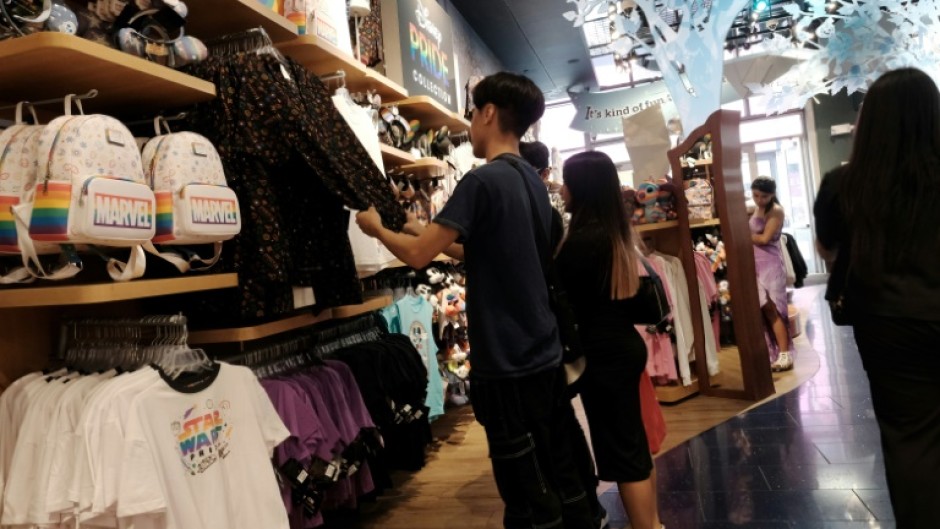WALL STREET - US consumer inflation inched up in July, government data showed Thursday, rebounding slightly for the first time in around a year and adding pressure on policymakers as they weigh further interest rate hikes.
The consumer price index (CPI), a key inflation gauge, rose 3.2 percent from a year ago last month, slightly up from June's 3.0 percent pace and breaking a streak of cooling figures.
The latest number remains moderate compared with last year's levels, after the Federal Reserve lifted interest rates rapidly to ease demand and rein in inflation. Last month's rate increase brought levels to the highest since 2001.
But with the world's biggest economy showing signs of cooling, officials said they would remain data dependent when making further rate decisions -- treading a fine balance as they try to lower inflation without tipping the economy into a recession.
The CPI held steady in July on a month-on-month basis, rising the same pace as in June, according to Labor Department data.
"The index for shelter was by far the largest contributor to the monthly all items increase, accounting for over 90 percent of the increase, with the index for motor vehicle insurance also contributing," the department said.
Excluding the volatile food and energy segments, "core" CPI rose 4.7 percent from a year ago.
- 'Right direction' -
"While inflation is still far above target, and the annual change in headline CPI picked up in July, core prices are moving in the right direction," said Rubeela Farooqi, chief US economist at High Frequency Economics.
Analysts had expected a slightly higher headline CPI reading as well, according to MarketWatch.
Farooqi added that the July figures will be "welcome news to policymakers" who have a longer-term target of two percent.
But the current pace still supports holding monetary policy at a restrictive stance for some time to bring prices back down, she said.
Consumer inflation hit a high of 9.1 percent on an annual basis in June 2022, and has been cooling since then.
The CPI figure "doesn't imply mission accomplished for the Fed," added Ryan Sweet, chief US economist at Oxford Economics.
"Still, we expect the Fed to skip rate hikes in September and November, when inflation should have decelerated even further," he said in a note.
Though Sweet expects the Fed to have finished hiking rates, he said the central bank is unlikely to cut rates until early next year to ensure that it wins the inflation battle.

